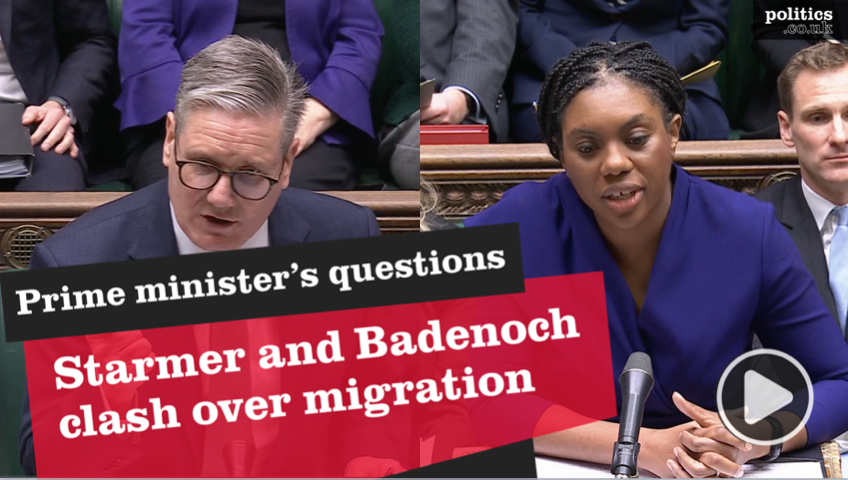MPs launch inquiry into Government’s education catch-up programme
The Education Committee is holding a short inquiry on the Government’s education catch-up programme and how children and young people can best be supported to recover from the impacts of the Covid-19 pandemic.
The Committee heard during its inquiry on the impact of Covid-19 on education and children’s services about the significant disruption to the education and wellbeing of children since the start of the pandemic last year.
A study by the IFS estimated that the loss of school time due to Covid could lead to pupils losing an average of £40,000 each in lifetime earnings, while a report from NHS-commissioned mental health service Kooth showed an increase in sleep issues (161%), loneliness (63%) and self-harm (27%) among young people compared with 2019. Kooth also reported that mental health issues were exacerbated in young people in black and minority ethnic groups.
A series of evidence sessions, starting next week, will explore the latest research on the significant challenges the pandemic has posed for young people’s academic attainment, and wellbeing, with a particular focus on the experiences of disadvantaged groups. It will also scrutinise the efficacy of the Government’s recovery programme, including the National Tutoring Programme and the provision of funding, and consider whether other catch-up measures should be introduced.
Research by the Education Policy Institute for the Department for Education (DfE) sets out how primary and secondary-aged pupils have experienced learning loss across the 2020/21 academic year. By the summer term, primary-aged pupils had lost 0.9 months learning in reading and 2.8 months in maths.
The research also found that pupils from disadvantaged backgrounds experienced greater learning losses than their more affluent peers as a result of the pandemic. By the summer term, the gap in learning loss was around 0.4 months for primary-aged pupils and around 1.6 months for secondary-aged pupils.
In total, the Government has committed nearly £5billion of funding to supporting education recovery since 2020, including the announcement of £1.8billion in the recent Spending Review. The new package includes a £1billion Recovery Premium for the next two academic years and £800million to ensure all 16-19 students will benefit from an extra 40 hours of education across the academic year.
Last year £350million was invested by the Government in the National Tutoring Programme, with a further £200million allocated in February 2021.
Rt Hon Robert Halfon MP, Chair of the Education Committee, said: “The outbreak of Covid-19 has been nothing short of a disaster for our children and young people. Lockdowns and school closures have seen the four horsemen of the educational apocalypse gallop towards students in terms of a widening attainment gap, a worsening mental health crisis, a rise in safeguarding hazards and damage to their life chances.
“We know that those from disadvantaged backgrounds have been hit particularly hard. Our Committee will scrutinise the work of the Government to date to ensure that education recovery is targeted towards remedying the learning loss caused by the pandemic, but also on improving wider aspects of mental health and wellbeing. Only then can we be sure that our young people are being helped back on to their feet to climb the ladder of opportunity to their futures.”
On Tuesday 7th December at 10am the Committee will hear from policy experts from education charities and think tanks. Questioning is likely to focus on how learning loss and recovery can be evaluated and whether the Government’s investment so far on catch-up has been sufficient. MPs may also ask about the effectiveness of recovery measures such as the National Tutoring Programme and extending the school day.











